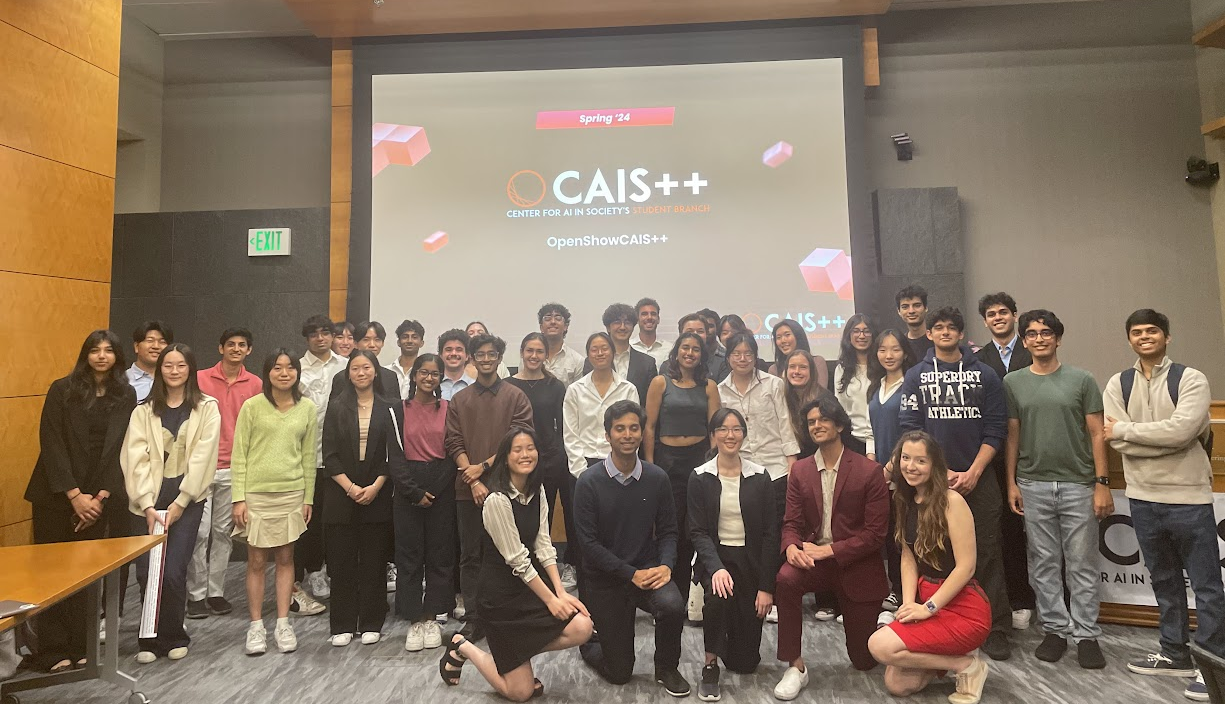April 11, 2025
Wow! Thank you to the ShowCAIS presenters and attendees for a truly incredible event. Missed all of the action? Read about our annual event here.

Wow! Thank you to the ShowCAIS presenters and attendees for a truly incredible event. Missed all of the action? Read about our annual event here.
Bistra Dilkina
(Director)
Computer Science
Areas: Combinatorial Optimizations, Machine Learning, Sustainable Development
Eric Rice
(Director)
Social Work
Areas: Network Science, Community-based Research, Homelessness
Phebe Vayanos
(Director)
Industrial & Systems Engineering
Areas: Robustness, Interpretability, and Fairness, Public Policy, Homelessness
Ajitesh Srivastava
(Associate Director)
Electrical and Computer Engineering
Areas: Graph Machine Learning, Mathematical Modeling, Public Health
Swabha Swayamdipta
(Associate Director)
Computer Science
Areas: Applying language models for societal good
Lindsay Young
(Associate Director)
Communication
Areas: Network Science, Digital Epidemiology, Health Disparities

Meet the 2024/2025 CAIS++ Co-Presidents
Jessica Fu and Raja Somou discuss their responsibilities as CAIS++ co-presidents, their typical days, and how they are using AI for social good.
Read about Jessica here and Raja here.
Exploring the Future of Infectious Disease Modeling
The annual Scenario Modeling Hub (SMH) annual meeting occurred in September at USC, hosted by USC CAIS Associate Director Ajitesh Srivastava.
USC CAIS Bonding in Pasadena
With the start of the new year, USC CAIS student leaders John Bunyi, Hannah Murray, and Jaspreet Ranjit planned a fun night out for CAIS students to meet each other and play games.